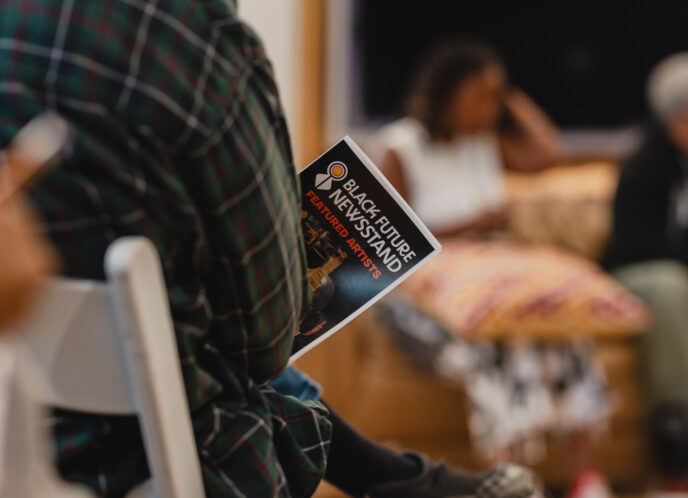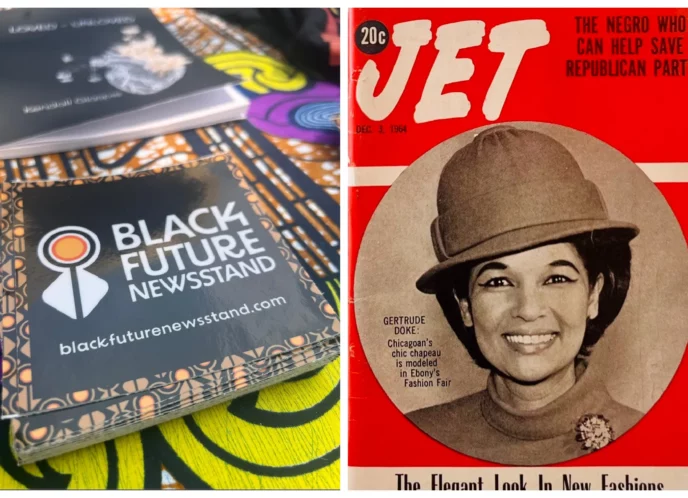Reposted from www.accesshumboldt.net
Wednesday, September 28 – This week Access Humboldt petitioned the Ninth Circuit Court of Appeals for review of a Federal Communications Commission (FCC) decision. Access Humboldt says that the recently published decision, Preserving the Open Internet (Report and Order), 25 FCCRcd 17905 (2010), wrongly discriminates between Internet access via mobile devices like smart phones and Internet access via fixed platforms like cable and telephone, and that the rules are legally unsound.
“The FCC’s decision is just too weak,” says Sean McLaughlin, executive director of Access Humboldt. “The rules do not provide the strong foundation needed for truly open, innovative networks. So we have a duty to challenge them in Federal Court.”
In filing their petition, Access Humboldt is represented by public interest law firm Media Access Project and joins a national effort to protect nondiscriminatory, “network neutral” consumer access to all of the Internet’s legal content. Free Press, a national, nonpartisan, nonprofit organization working to reform the media also filed a petition this week on similar grounds.
“The rules passed last December are riddled with loopholes,” says Matt Wood, policy director of Free Press, a national media reform organization. “They don't do enough to stop the phone and cable companies from dividing the Internet into fast and slow lanes, and they fail to protect wireless users from discrimination that is already occurring in the marketplace and that will only get worse.”
As the rule stands now, cable and phone Internet Service Providers (ISPs) cannot let some websites load faster than others or block access to websites that do not pay the ISP a premium, the so-called “Pay-to-Play” system. For example, cable companies like Comcast cannot throttle their Internet customers’ access to online movies from Netflix. The FCC does not require wireless ISPs to adhere to the same rules. This has triggered lawsuits from cable and phone company giants fearing their new competitors will benefit from not having to follow the same rules.
“Any commercial arrangements that lead to a small, closed ‘faux-Internet’ rather than the complete, all-encompassing internet goes against the basic human right offreedom of information and expression,” says McLaughlin. “The Internet belongs to everyone and we need rules to protect it that support open access for everybody, regardless of income, technology or location.”
After petitions are filed by industry and public interest groups, the Federal Court will determine by lottery in which Circuit the case will be heard.
___________________________________________________________
Access Humboldt is a community media organization that develops and manages broadband media networks for public, education and government purposes in Humboldt County, California. For more information, visit http://accesshumboldt.net, call (707) 476-1798 or contact [email protected].
###
TO LEARN MORE:
Save the Internet Coalition
http://www.savetheinternet.com/
Open Internet Coalition : Promoting consumer choice & economic growth through an open Internet
http://www.openinternetcoalition.org/
Media Access Project – Internet/Broadband policy
http://www.mediaaccess.org/issues/broadband-open-access/
FCC Rules as published in Federal Register on 23 September 2011 – as text,http://www.gpo.gov/fdsys/pkg/FR-2011-09-23/html/2011-24259.htm and as pdfhttp://www.gpo.gov/fdsys/pkg/FR-2011-09-23/pdf/2011-24259.pdf
Access Humboldt’s petition as filed:http://accesshumboldt.net/site/files/AHvFCCPetitionForReview26September2..


